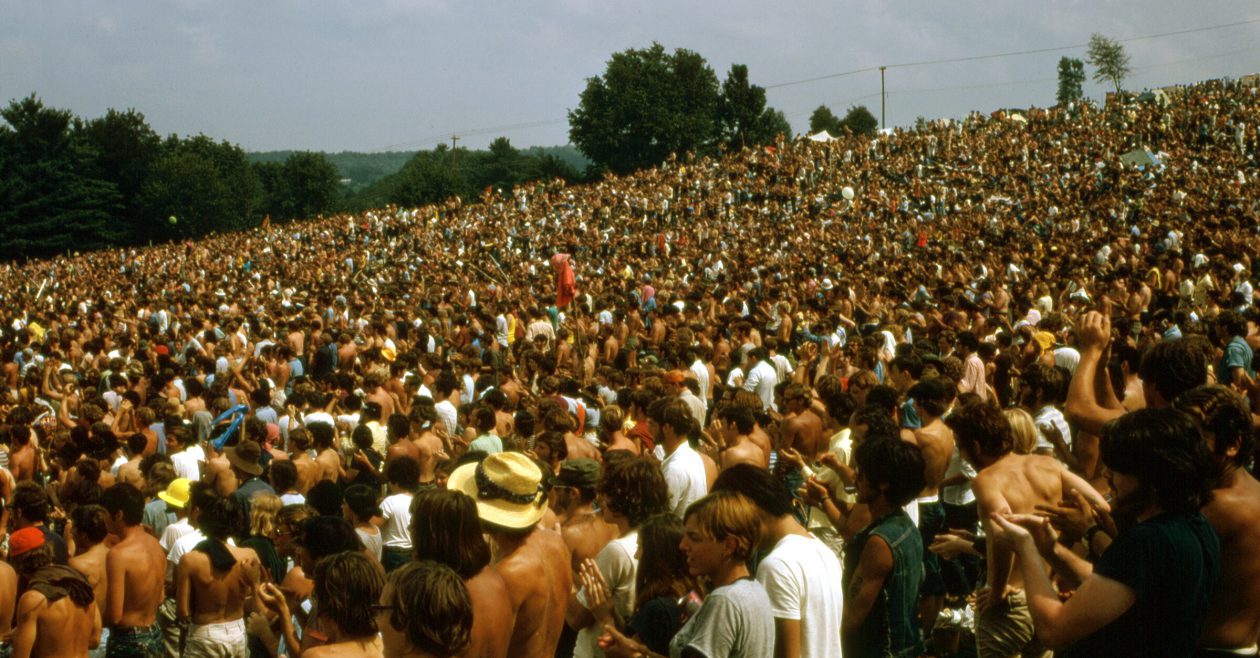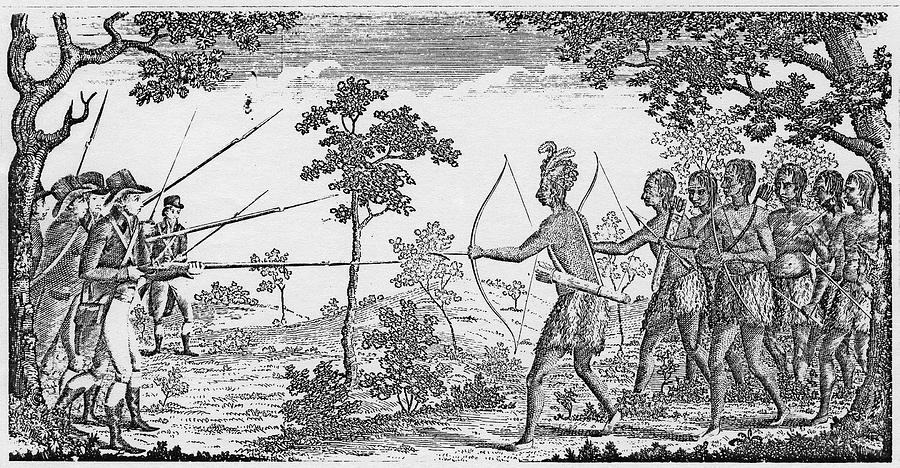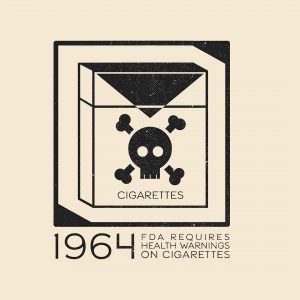June 24 Peace Love Art Activism
Native Americans
King Philip’s War
June 24, 1675: in colonial New England, King Philip’s War began when a band of Wampanoag warriors raided the border settlement of Swansee, Massachusetts, and massacred the English colonists there.
In the early 1670s, 50 years of peace between the Plymouth colony and the local Wampanoag Indians began to deteriorate when the rapidly expanding settlement forced land sales on the tribe. Reacting to increasing Native American hostility, the English met with King Philip, chief of the Wampanoag, and demanded that his forces surrender their arms. The Wampanoag did so, but in 1675 a Christian Native American who had been acting as an informer to the English was murdered, and three Wampanoag were tried and executed for the crime.
King Philip responded by ordering the attack on Swansee, which set off a series of Wampanoag raids in which several settlements were destroyed and scores of colonists massacred. The colonists retaliated by destroying a number of Indian villages. The destruction of a Narragansett village by the English brought the Narragansett into the conflict on the side of King Philip, and within a few months several other tribes and all the New England colonies were involved. [History of Massachusetts article] (see August 12, 1676)
Colorado Gov Evans invites citizens to murder Native Americans
June 24, 1864: Colorado Governor John Evans warned that all peaceful Indians in the region must report to the Sand Creek reservation or risk being attacked. Evans’ offer of sanctuary was at best halfhearted. His primary goal in 1864 was to eliminate all Native American activity in eastern Colorado Territory, an accomplishment he hoped would increase his popularity and eventually win him a U.S. Senate seat. Immediately after ordering the peaceful Indians to the reservation, Evans issued a second proclamation that invited white settlers to indiscriminately “kill and destroy all…hostile Indians.” At the same time, Evans began creating a temporary 100-day militia force to wage war on the Indians. He placed the new regiment under the command of Colonel John Chivington, another ambitious man who hoped to gain high political office by fighting Indians. (see Nov 29)
Leonard Peltier
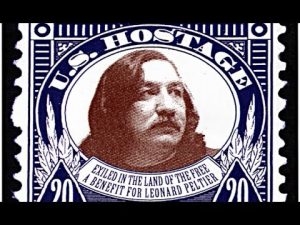 June 24, 1987: two Soviet ophthalmologists, Eduard Avetisov and Lev Katselson, examined Leonard Peltier and recommended treatment with drugs they said were available only in their country. Soviet bloc officials regarded him as a political prisoner. (next NA and LP, see August 21)
June 24, 1987: two Soviet ophthalmologists, Eduard Avetisov and Lev Katselson, examined Leonard Peltier and recommended treatment with drugs they said were available only in their country. Soviet bloc officials regarded him as a political prisoner. (next NA and LP, see August 21)
Unmarked Graves
June 24, 2021: leaders of Indigenous groups in Canada said investigators had found more than 600 unmarked graves at the site of a former residential school for Indigenous children — a discovery that follows last month’s report of 215 bodies found at another school.
The bodies were discovered at the Marieval Indian Residential School, which operated from 1899 to 1997 where the Cowessess First Nation is now located, about 85 miles (135 kilometers) east of Regina, the capital of Saskatchewan.
A search with ground-penetrating radar resulted in 751 ’’hits,″ indicating that at least 600 bodies were buried in the area, said Chief Cadmus Delorme of the Cowessess. The radar operators have said their results could have a margin of error of 10%.
“We want to make sure when we tell our story that we’re not trying to make numbers sound bigger than they are,” Delorme said. “I like to say over 600, just to be assured.” [AP article] (next NA, see Aug 25)
June 24 Peace Love Art Activism
Berlin Airlift
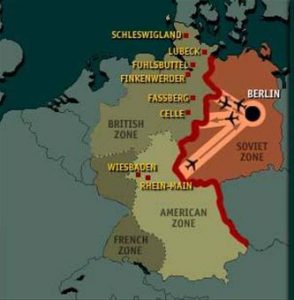 June 24, 1948: the Soviets blockaded West Berlin, leaving the city—which was surrounded on all sides by Communist East Germany—without access to food and supplies. [Truman Library article] (see June 26)
June 24, 1948: the Soviets blockaded West Berlin, leaving the city—which was surrounded on all sides by Communist East Germany—without access to food and supplies. [Truman Library article] (see June 26)
June 24 Peace Love Art Activism
FREE SPEECH
Roth v. United States
June 24, 1957: the US Supreme Court (in a 6-to-3 decision written by Justice William J. Brennan, Jr. ) held that obscenity was not “within the area of constitutionally protected speech or press.” The Court noted that the First Amendment was not intended to protect every utterance or form of expression, such as materials that were “utterly without redeeming social importance.” The Court held that the test to determine obscenity was “whether to the average person, applying contemporary community standards, the dominant theme of the material taken as a whole appeals to prurient interest.” The Court held that such a definition of obscenity gave sufficient fair warning and satisfied the demands of Due Process. Brennan later reversed his position on this issue in Miller v. California (June 26, 1975) [Oyez article] (LGBTQ, see Sept 7; FS, see Oct 3)
Village of Skokie
June 24, 1977: the Village of Skokie denied the Nazis the right to a permit to march in military style uniforms. (see Oct 21)
Rankin v. McPherson
June 24, 1987: Ardith McPherson was a deputy constable working in Texas’s Harris County Constable’s office. McPherson had the radio on in her office, when she learned of an assassination attempt on President Reagan (March 30, 1981). During a conversation with another office worker, Lawrence Jackson, she remarked, “Shoot, if they go for him again, I hope they get him.” This comment, unbeknownst to McPherson, had been overheard by another deputy constable, who had then reported what he heard to Constable Rankin, effectively in charge of all those in the office. He requested to speak with McPherson, who admitted to him what she had said, stating, “Yes, but I didn’t mean anything by it.” After the conversation, Constable Rankin terminated her employment.
The Supreme Court affirmed the position of the Court of Appeals. The Court reasoned that, even though McPherson was a probationary employee who could be, as a condition of her hire, be fired for any reason the employer decided — even no reason at all — she deserved to be reinstated if she had been fired for merely exercising a right enshrined in the Constitution. Even though the state, as an employer, certainly has the right to determine certain modes of appropriate conduct among employees, the Court did not believe that this right balanced fairly against an employee’s right to discuss matters of “public concern.” The life or death of the President was deemed an obvious matter of public concern, which placed McPherson’s comments into the realm of protected speech, further bolstered by the fact that her comment did not amount to a bona fide threat on the President’s life. Just because a statement is incorrect, unpopular, or ill-advised, the Court determined, it does not mean it is beyond constitutional protection. [Justia article] (see January 6, 1988)
Iancu v. Brunetti
June 24, 2019: in Iancu v. Brunetti, the US Supreme Court voted 6 – 3 and struck down a ban on trademarking words and symbols that are “immoral” or “scandalous.”
Clothing designer Erik Brunetti brought the case. He sought to trademark the phrase FUCT. The decision paved the way for him to get his brand trademarked.
The court struggled with how to deal with the word — in particular, its pronunciation. Justice Elena Kagan described it in her majority opinion: The clothing brand “is pronounced as four letters, one after the other: F-U-C-T. … But you might read it differently and, if so, you would hardly be alone.”
She noted that it has been described “as ‘the equivalent of [the] past participle form of a well-known word of profanity.’ ”
The five justices who joined Kagan’s majority opinion: Clarence Thomas, Ruth Bader Ginsburg, Samuel Alito, Neil Gorsuch and Brett Kavanaug. [NPR story] (see July 9)
June 24 Peace Love Art Activism
BLACK HISTORY
Voting Rights
June 24, 1964: thirty Freedom Summer workers from Greenville, Miss. made the first effort to register black voters in Drew, Miss., and local whites resisted with open hostility. Whites circled the workers in cars and trucks, some equipped with gun racks, making violent threats. One white man stopped his car and said, “I’ve got something here for you,” flaunting his gun. (BH, see June 25; VR, see August 6, 1965)
Poor People’s Campaign
June 24, 1968: Washington, D.C. police evicted remaining protesters from Resurrection City, formed by the Poor People’s Campaign. [WTOP article] (Sept 8)
Springboks
June 24, 1995: South Africa’s national rugby team, the Springboks, won the World Cup final. The team had been banned from international competition until 1992, and was long seen as a symbol of oppression by many black South Africans. Mr. Mandela’s call for blacks to support the team was hailed as a masterly move toward racial reconciliation. He congratulated the team while wearing a green Springboks jersey, in a stadium full of cheering white rugby fans. (SA/A, see Nov 1; see Mandela for his expanded chronology)
Church burning
June 24, 2015: arson fire occurred in the predawn hours at the Briar Creek Baptist Church in Charlotte, N.C. (BH, see June 29; CB, see June 30)
Ahmaud Arbery
June 24, 2020: CNN reported that Cobb District Attorney Joyette M. Holmes had announced that Travis McMichael, Greg McMichael, and William R. Bryan were indicted by a grand jury.
“We will continue to be intentional in the pursuit of justice for this family and the community at large as the prosecution of this case continues,” said Holmes, the specially appointed prosecutor in the case.
The charges also include aggravated assault, false imprisonment and criminal attempt to commit false imprisonment, according to the indictment. (next B & S and AA, see or see AA for expanded chronology)
Mary Jackson honored
June 24, 2020: the NY Times reported that NASA had announced that it would name its Washington, D.C., headquarters after Mary Jackson, the organization’s first black female engineer and a pivotal player in helping U.S. astronauts reach space.
Jim Bridenstine, the administrator of NASA, said the agency would continue to honor those whose histories have long been overlooked.
“Today, we proudly announce the Mary W. Jackson NASA Headquarters building,” Mr. Bridenstine said in a statement. “It appropriately sits on ‘Hidden Figures Way,’ a reminder that Mary is one of many incredible and talented professionals in NASA’s history who contributed to this agency’s success.” (next BH, see June 28)
June 24 Peace Love Art Activism
Consumer Protection
Cigarette package warning
June 24, 1964: the Federal Trade Commission announced that starting in 1965, cigarette manufactures would be required to include warnings on their packaging about the harmful effects of smoking. (see November 5, 1965)
National Traffic and Motor Vehicle Safety Act
June 24, 1966: the US Senate voted 76-0 for the passage of what will become the National Traffic and Motor Vehicle Safety Act. Signed into law by President Lyndon B. Johnson on September 9, the act created the nation’s first mandatory federal safety standards for motor vehicles.
The origins of the National Traffic and Motor Vehicle Safety Act can be traced directly of the efforts of consumer advocate Ralph Nader, who in 1965 published the bestselling “Unsafe at Any Speed.” [US DoT article] (see Sept 9)
June 24 Peace Love Art Activism
June 24 Music et al
A Spaniard in the Works
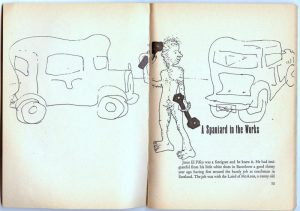 June 24, 1965: A Spaniard in the Works, John’s second book, published. (see July 10)
June 24, 1965: A Spaniard in the Works, John’s second book, published. (see July 10)
see The Beach Boys Summer Spectacular for more
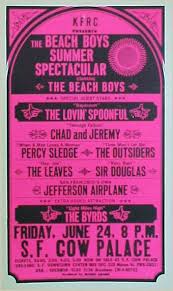 June 24 & 25, 1966, San Francisco FM radio station KFRC sponsored the “The Beach Boys Summer Spectacular” at the Cow Palace in San Francisco. Future Woodstock Music and Art Fair performers were: Jefferson Airplane and John Sebastian from the Lovin’ Spoonful. (see March 25, 1967)
June 24 & 25, 1966, San Francisco FM radio station KFRC sponsored the “The Beach Boys Summer Spectacular” at the Cow Palace in San Francisco. Future Woodstock Music and Art Fair performers were: Jefferson Airplane and John Sebastian from the Lovin’ Spoonful. (see March 25, 1967)
|
Performers
|
|
Headquarters
June 24 – 30, 1967: The Monkees Headquarters is the Billboard #1 album.
June 24 Peace Love Art Activism
DEATH PENALTY
Ring v. Arizona
June 24, 2002: the Supreme Court ruled 7-2 that juries, rather than judges, must make the crucial factual decisions as to whether a convicted murderer should receive the death penalty. Ring v. Arizona overturned the law of Arizona and four other states – Colorado, Idaho, Montana, and Nebraska – where judges alone decided whether there were aggravating factors that warrant capital punishment. The decision also raised questions about the procedure in four other states – Alabama, Delaware, Florida, and Indiana – where the judge decided life imprisonment or death after hearing a jury’s recommendation. The Ring opinion also said that any aggravating factors must be stated in the indictment, thus also requiring a change in federal death penalty laws. [DPIC article] (see January 11, 2003)
New York State death penalty unconstitutional
June 24, 2004: New York State’s highest court ruled that a central provision of the state’s capital punishment law violated the State Constitution. Lawyers said the ruling would probably spare the lives of the four men on death row and effectively suspended the death penalty in New York. The 4-to-3 ruling from the State Court of Appeals in Albany went well beyond the particulars of a single case, giving opponents of the law an important victory. Besides the four death-row inmates, lawyers said, it could spare the lives of nine defendants fighting capital cases and more than 30 others whose murder cases are in early stage. The court’s majority said, ‘Under the present statute, the death penalty may not be imposed” [NYT article] (see March 1, 2005)
June 24 Peace Love Art Activism
LGBTQ
NYS same-sex marriage
June 24, 2011: New York State passed a law allowing same-sex marriage making New York the largest state that allowed gay and lesbian couples to marry. The vote came on the eve of the city’s annual Gay Pride Parade and gave new momentum to the national gay-rights movement. The marriage bill was approved 33 to 29. Cheering supporters greeted Gov. Andrew Cuomo as he arrived on the Senate floor to sign the measure at 11:55pm, just moments after the vote. [NYT article] (see September 19, 2011)
Frank Schaefer
June 24, 2014: a United Methodist Church appeals panel overturned a decision to defrock Frank Schaefer. It permitted his return to the pulpit. Schaefer was the pastor who presided over his son’s same-sex wedding ceremony and vowed to perform other gay marriages if asked.
The nine-person appeals panel ordered the church to restore Schaefer’s pastoral credentials, saying the jury that convicted him of breaking church law erred when fashioning his punishment.
The appeals panel upheld a 30-day suspension that Schaefer has already served and said he should get back pay dating to when the suspension ended in December.
The appeals panel concluded that the jury’s punishment was illegal under church law, writing in its decision that “revoking his credentials cannot be squared with the well-established principle that our clergy can only be punished for what they have been convicted of doing in the past, not for what they may or may not do in the future.” (LGBTQ, see June 25; Schaefer, see Oct 27)
Christopher Park
June 24, 2016: President Obama announced that he was officially declaring a national monument at the Stonewall Inn, commemorating the historic rise of the modern LGBTQ movement that started there. In the early morning hours of June 28, 1969, police raided the gay bar, spurring the LGBTQ patrons to riot and begin organizing resistance efforts that turned into what is now known as Pride.
Technically the new national park was Christopher Park, the area directly across from the Stonewall Inn. Obama’s proclamation notes that the park has become “a popular destination for LGBTQ youth, many of whom had run away from or been kicked out of their homes,” as well as a place of organizing for other LGBTQ milestones:
Christopher Park and its environs have remained a key gathering place for the LGBTQ community. For example, on June 26, 2015, within moments of the issuance of the Supreme Court’s historic ruling in Obergefell v. Hodges, LGBTQ people headed to Christopher Park to celebrate the Court’s recognition of a constitutional right to same-sex marriage. A few days later, Governor Cuomo continued that celebration by officiating at the marriage of two gay men directly outside the Stonewall Inn. Within minutes of the recent news of the murders of 49 people in a nightclub in Orlando, Florida — one of the most deadly shootings in American history — LGBTQ people and their supporters in New York headed again to Christopher Park to mourn, heal, and stand together in unity for the fundamental values of equality and dignity that define us as a country. (see June 30)
June 24 Peace Love Art Activism
Feminism
June 24, 2022: the U.S. Supreme Court officially reversed Roe v. Wade declaring that the constitutional right to abortion, upheld for nearly a half century, no longer exists.
Writing for the court majority, Justice Samuel Alito said that the 1973 Roe ruling and repeated subsequent high court decisions reaffirming Roe “must be overruled” because they were “egregiously wrong,” the arguments “exceptionally weak” and so “damaging” that they amounted to “an abuse of judicial authority.”
The decision, most of which was leaked in early May, meant that abortion rights will be rolled back in nearly half of the states immediately, with more restrictions likely to follow. For all practical purposes, abortion will not be available in large swaths of the country. [NPR article] (next Feminism, see July 28)
June 24 Peace Love Art Activism
Environmental Issues
June 24, 2024: according to a study in the journal Nature Ecology & Evolution the hottest year on record, 2023, was also the most extreme for wildfires
Both the frequency and intensity of extreme wildfires had more than doubled in the last two decades, the study found. And when the ecological, social and economic consequences of wildfires were accounted for, six of the last seven years were the most “energetically intense.”
“That we’ve detected such a big increase over such a short period of time makes the findings even more shocking,” said Calum Cunningham, a postdoctoral researcher in pyrogeography at the University of Tasmania and lead author of the study. “We’re seeing the manifestations of a warming and drying climate before our very eyes in these extreme fires.” [NYT article] (next EI, see Aug 28)
June 24 Peace Love Art Activism, June 24 Peace Love Art Activism, June 24 Peace Love Art Activism, June 24 Peace Love Art Activism, June 24 Peace Love Art Activism, June 24 Peace Love Art Activism, June 24 Peace Love Art Activism, June 24 Peace Love Art Activism, June 24 Peace Love Art Activism, June 24 Peace Love Art Activism, June 24 Peace Love Art Activism, June 24 Peace Love Art Activism,
